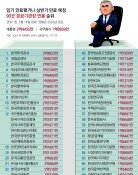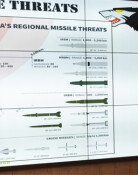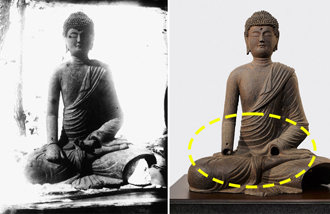Why is the unionized truck drivers` strike growing more violent?
Why is the unionized truck drivers` strike growing more violent?
Posted June. 26, 2012 22:13,
A strike waged by unionized truck drivers is turning violent. Union leaders tried to discourage a backlash against truck drivers who did not participate in the walkout on the first day, but violence erupted across the country on the second.
Certain union members blocked a truck and dragged the driver out of the vehicle to beat him with a wooden stick.
The union is considered to have gone overboard as the strike participation on the second day was lower than that of 2008. The walkout, however, is not likely to gain momentum because many non-unionized truckers declined to join.
○ Violence against non-unionized drivers
According to police, the head of a union chapter in South Gyeongsang Province blocked a 25-ton truck with his car. The driver was carrying freight at 10:55 a.m. as he was not taking part in the strike. The union member and other two others broke the trucks windows and wing mirrors with wooden sticks and dragged the driver out of the vehicle and beat him.
The driver suffered injuries to his shoulders and thighs and will require two weeks of hospitalization.
Police said the union members waited on the roadside to attack truck drivers who did not join the strike. They also wore hats and masks to hide their identities.
The same day, other union members broke the windows of a big rig waiting for a green light and hit the driver with pickaxes. Police sought an arrest warrant for the union chapter head and also charged the union with 20 violations including violence, threat, throwing eggs, and obstruction of business.
○ Strike participation far lower than four years ago
The cause of violence is apparently due to low participation by non-unionized drivers. According to the Land, Transport, and Maritime Affairs Ministry, a combined 2,958 trucks rejected working as of noon Tuesday, the second day of the strike, comprising just 26.4 percent of 11,198 trucks in 13 logistics hubs including Busan.
Though the participation rate was up from Mondays 15.8 percent, it was much lower than that of the all-out strike four years ago.
The government and the union consider the second day of the strike as a watershed moment. The union claimed that more non-unionized drivers will join the strike from the second day.
The government said, We can tell whether the strike will be extended Tuesday.
The strike participation rate in 2008 increased dramatically from 18.3 percent the first day to 76.2 percent the second, causing a major logistics crisis.
Few drivers in major ports except for Pyeongtaek (78.4 percent) and Busan (55.1 percent) and inland container depots took part in the strike, leading to the low participation rate. The port of Incheon, which had a participation rate of more than 80 percent in 2008, recorded just 6.7 percent Tuesday.
The Transport Ministry pressured the union by deploying 100 containers held by the military to the port of Busan and Uiwang inland container depot and suspending the payment of oil subsidies to truck drivers who joined the strike.
A ministry source said, We have 20 more days to reach the crisis level because the actual loading volume accounts for 51.2 percent of the entire container volume.
○ Early compromise also likely
The union asked for talks while refuting the ministrys announcement on the strike`s low participation rate.
More than 80 percent of trucks at the ports of Gwangyang, Pyeongtaek, and Busan have stopped running, the union said in a statement, adding, According to our statistics, 90 percent of big rigs participated in the strike.
The union proposed final negotiations at the government complex in Gwacheon, Gyeonggi Province, at 2 p.m. Wednesday.
Kang Beom-gu, the head of logistics and port department at the ministry, responded by saying, Im willing to create an opportunity for dialogue between logistics companies and the union to find middle ground.
Prime Minister Kim Hwang-sik also told a Cabinet meeting that he chaired Tuesday, It`s never right to push for collective action by taking the people hostage," adding, "The government thinks this is very regrettable.
jmpark@donga.com







